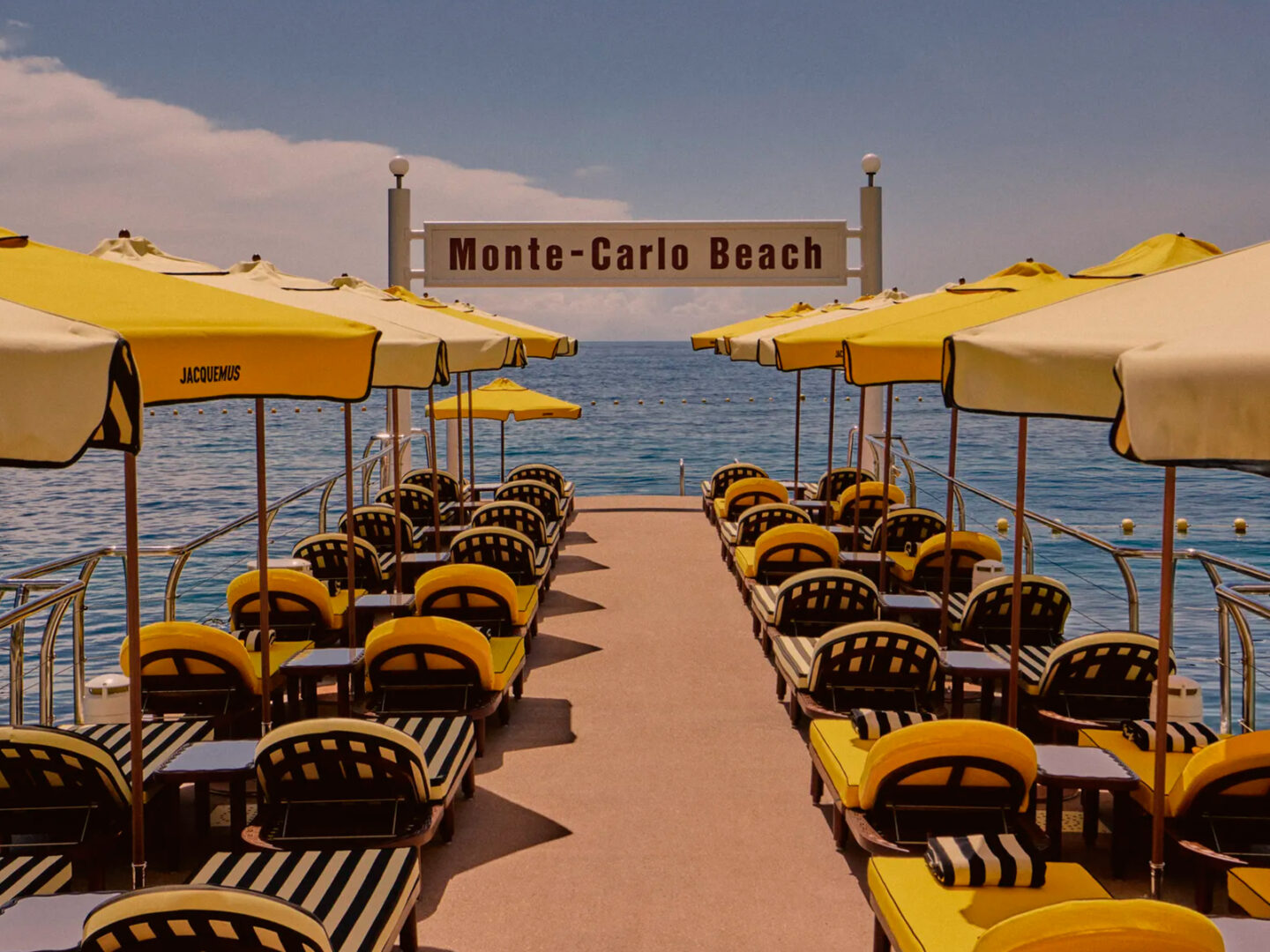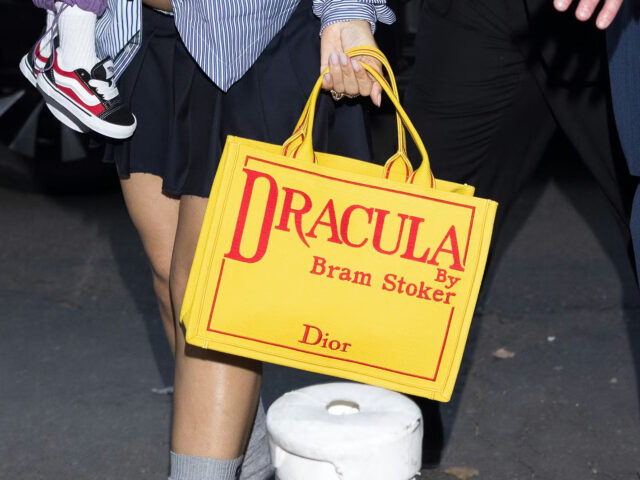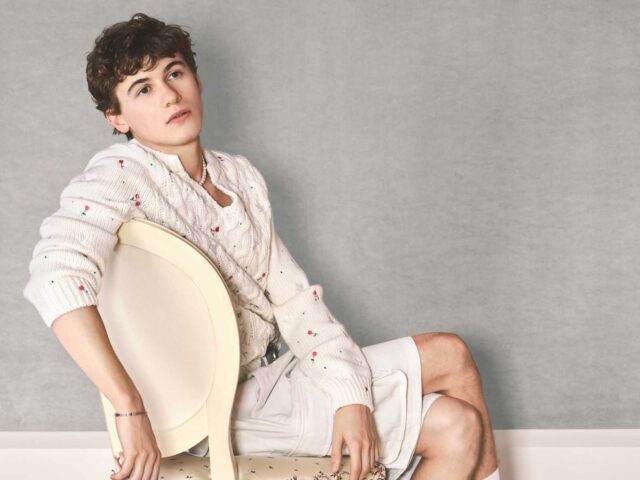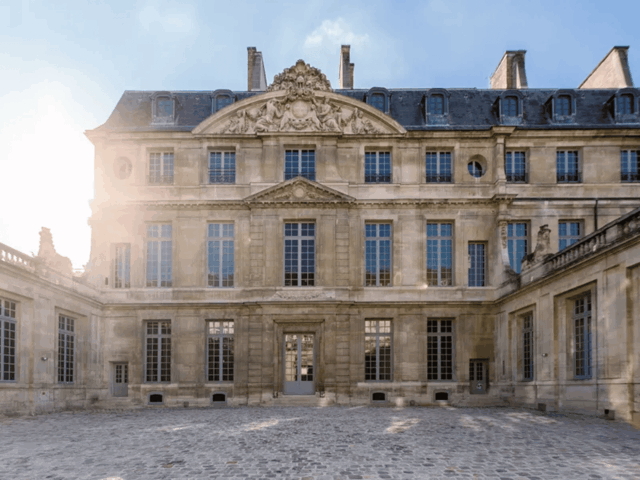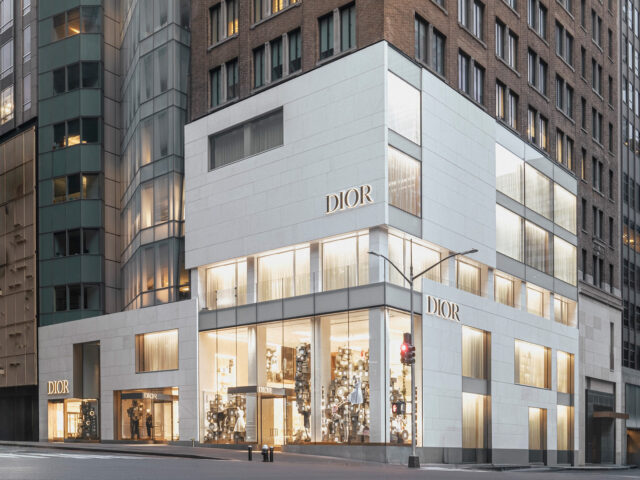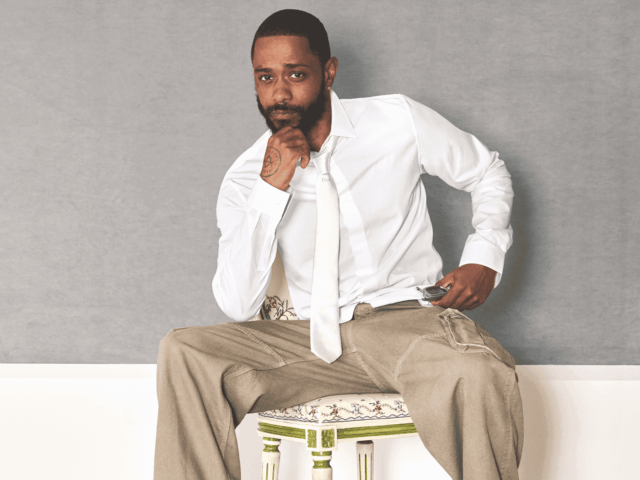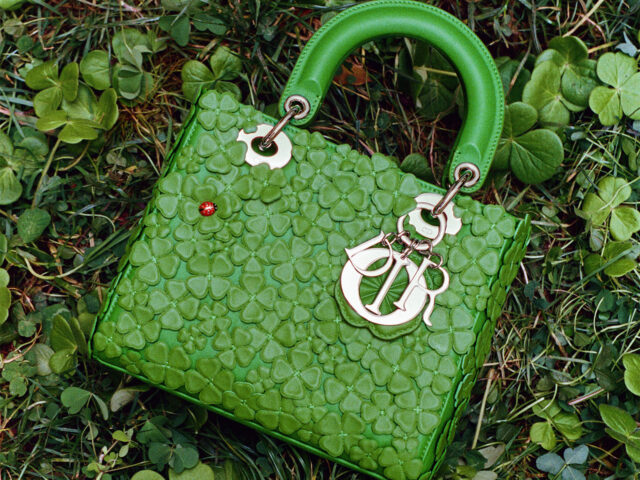Luxury beach clubs are not an eccentricity, but rather a strategic move that makes perfect sense. The reason? Summer is a perfect setting to display power, visibility and desire. And brands know it.
Think of the Dior, Gucci or Jacquemus customer. He doesn’t just want a shirt, he wants a life. And in that life, there is an idea of escape, of exclusivity, of belonging to an aesthetic environment where even the detox juice matches the toile de Jouy print. And not only for belonging to a certain aesthetic environment, but also to a very specific social layer.
Beach clubs are ephemeral temples of aspirational lifestyle. Dior doesn’t sell you a swimsuit, it sells you the Riviera in private club format. And this is not a metaphor: the French maison has been transforming Shellona Beach in Saint-Barth and Saint-Tropez into a solar showroom for its Dior Riviera collection for years. Sun loungers, umbrellas, staff uniforms… everything speaks the language of toile de Jouy. Everything is “branded”.
Jacquemus also understood it quickly: in 2023 he occupied the Indie Beach in Ramatuelle with stripes, beige umbrellas and that naïf atmosphere that characterizes him so much. He didn’t set up a beach club, he set up a Mediterranean fantasy with a Saint-Tropez zip code. Because if you’re going to drink a spritz on the sand, let it be in his color palette, right? This year he did it in Ibiza, and in Monte Carlo.
Besides, summer is a calendar full of possibilities: celebrities in soft launch mode, influencers making content in bikinis, international tourism eager to consume status. Where do they all land? In Capri, Ibiza, Saint-Tropez, Portofino, Mykonos… the same hot spots where brands deploy their beach clubs as satellites of global luxury. So no, a Beach club is not simply the setting a brand chooses to set up shop in high season, it has become a real-time campaign. People upload it, tag it, play it. It becomes wallpaper for thousands of people: organic branding in its purest form.
Many of these clubs also function as platforms to launch exclusive capsules. There’s Dioriviera, which each year activates club, collection and visual content. The result? Limited editions, queues to reserve hammocks and a narrative that sells itself: if you want the look, you have to live it. And the brand wants to be the perfect host.
We have already seen that for years, luxury has been shifting towards hospitality: restaurants, cafes, hotels, clubs. Why? Because the customer not only wants to consume products, but to feel part of a continuous experience, of the brand universe itself. The beach club is one more piece of the puzzle.
Gucci has opened cafés. Louis Vuitton is preparing hotels. In 2023, it even redesigned the White 1921 Hotel in Saint-Tropez to offer an inhabited pop-up. And while Bvlgari already has its own resorts, Jacquemus plays with ephemeral spaces as if they were catwalks with a swimming pool. Check out the one at Casa Jondal this year. The strategy is clear: if you like what you see, stay the night (and buy the whole brand experience).
Being in one of these clubs is not just a summer plan, it is a way to position oneself in society. Branded beach clubs are not accessible to everyone. They work as filters: those who are there have bought more than a cocktail, they have bought a temporary entrance to the closed universe of a brand that does not marry just anyone. Because luxury is not only what it costs, it is what it excludes. And if you are able to be inside, then you have succeeded!
Sigue toda la información de HIGHXTAR desde Facebook, Twitter o Instagram
You may also like...
